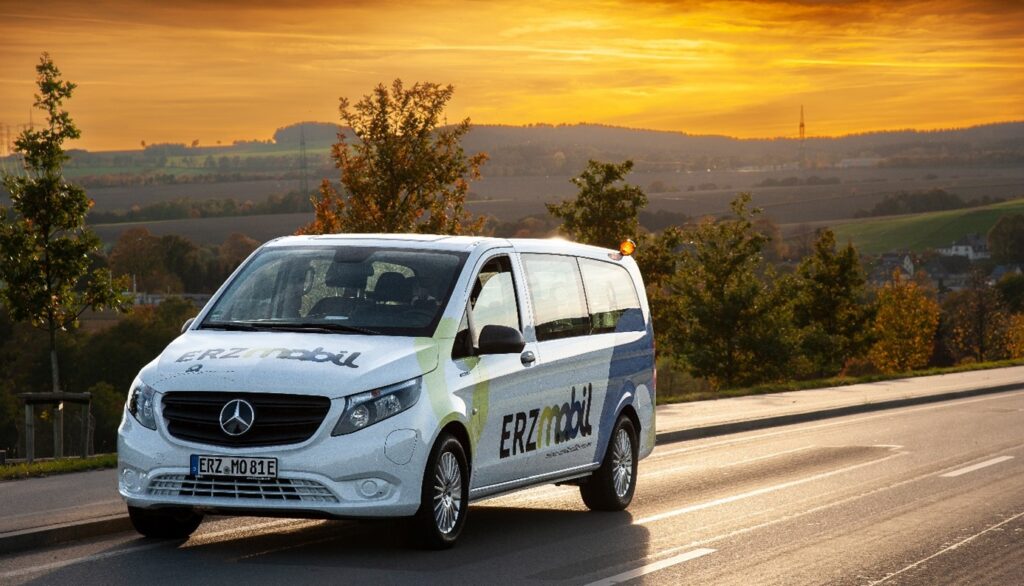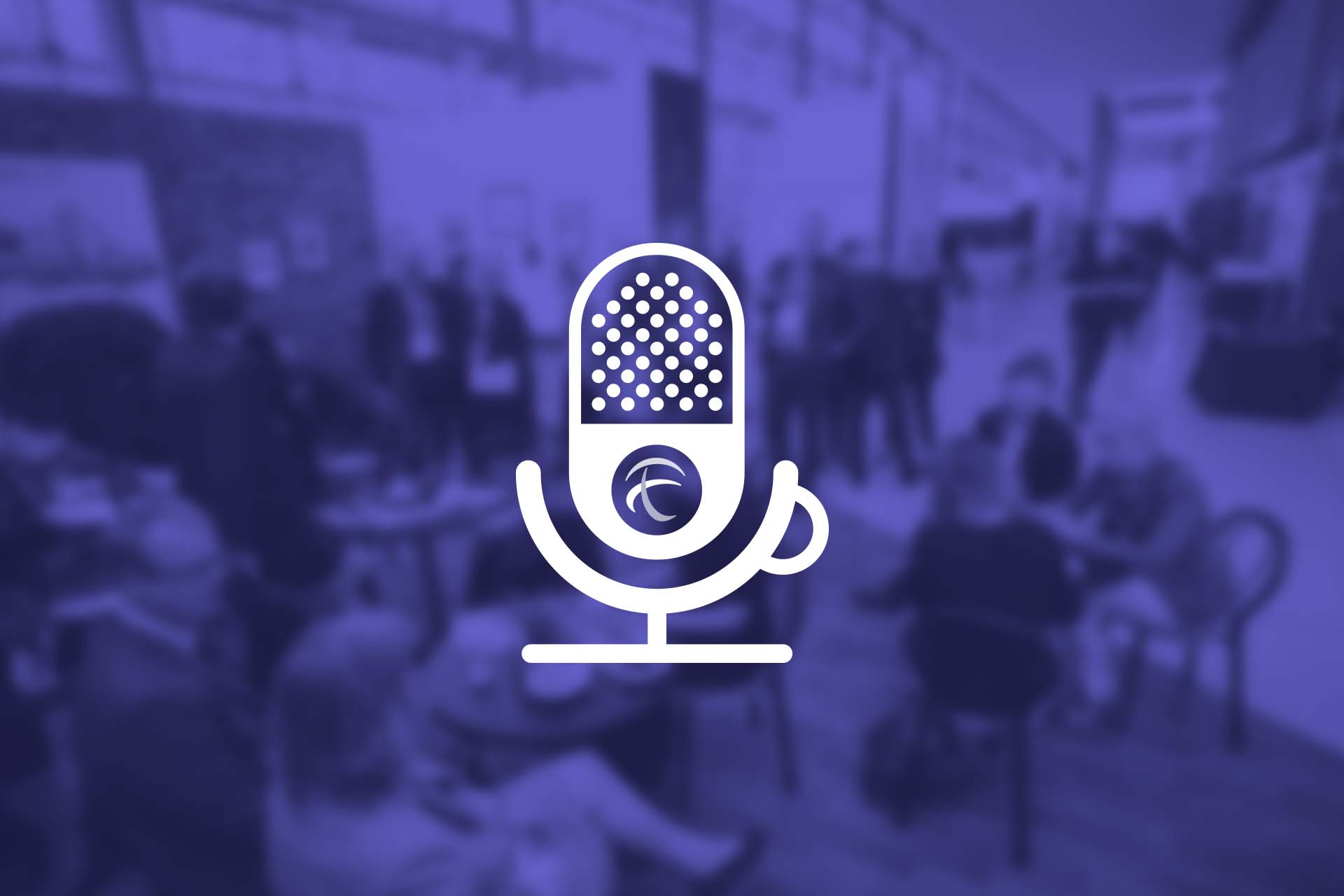Organiser:
- Saxony State,
- Fraunhofer IWU & ERZmobil
Date:
Time:
Location:
Driving tomorrow - Fuel Cell Technology as Future of Clean Mobility (10:00-10:15)
Hydrogen is one of the high potentials for the mobility and energy turnaround demanded by society and politics. Particularly, in the transport sector the hydrogen drive based on fuel cell technology is a key element for CO2 reduction. So far, however, there is a lack of technologies for an economic series production of fuel cells. The German National Fuel Cell Production Action Plan aims at:
- enabling cost-optimized, demand-oriented series production of fuel cells on a scalable basis.
- improving the technological and economic potential of fuel cells.
- accelerating and increasing the structured rollout in industry and society.
Research at Fraunhofer IWU focusses at the heart of the fuel cell: high-rate technologies for the production of stack components and their assembling. Low quantities, no supply chains and immense costs characterize the currently prevailing manual production of fuel cells. The goal is to produce fuel cells at comparable costs to conventional drives. In this field, scale-up is the biggest driver of cost reduction at the moment.
The research knowhow at Fraunhofer IWU is made available for industry in the so called „Referenzfabrik.H2“ (Reference Factory.H2) which is a production technology toolbox with real and virtual machines and plants that are necessary for the production of hydrogen systems. It allows companies involved in the value chain for hydrogen technologies to progress their products, services and processes in individual test set-ups with the experts from Fraunhofer.
Digital Mobility Service in Small Townships (10:15-10:30)
Small townships are faced with challenges in citizen mobility. The service level of the public transport system often does not reach the qualitative characteristics of comparable offers in cities. Both the travel time and the accessibility of stops often lead to less acceptance and usage of traditional public transport among the population. Also for the administration of municipalities, the costs for providing these services request a high capacity in the municipal budget. Digital solutions can improve service-quality to cost-ratio by providing a reduction of necessary resources like staff and vehicles. However, the technological aspects are not as challenging as the socio-economic aspects.
As one of 73 smart cities in Germany, the city of Zwönitz face these challenges by having implemented a sustainable public mobility service, called ERZmobil, that meets the needs of citizens and municipality in suburban and rural regions. Zwönitz is a city with about 12.000 people living there. Since January 2022 the ERZmobil provides a new type of public transport services to all people living in the seven districts of the city. This all-app-based service closes a large gap in suburban public transport. The ERZmobil provides an on-demand service that is fully integrated into the public transport system and is driven by an all-electric mobile.
Together with the mobility engineering specialist IAV GmbH, the ERZmobil was developed by conducting participatory approach, which included citizens in every phase of development. Citizens were involved from the outset during the conceptualization phase through design-thinking workshops, a major survey and an early test phase. There is also continuous feedback from passengers during the operation in order to continue to improve the ERZmobil together with the users. Additionally, courses in social facilities improve the integration of the project in the community of the city. For example, based on the feedback of seniors, a voice-bot for using the ERZmobil is to be developed. Beside the technological progress of the solution a sustainable business model for intermunicipal cooperations is conceived. This business model adapts the costs of traditional public transport systems and therefore eases the transformation process from traditional public transport to digitalized mobility services. As a consequence, several small towns and districts, also beyond Saxony, are currently planning to adapt the ERZmobil in intermunicpal projects with Zwönitz.
The talk of Dr. Martin Benedict will provide insights about the mobility demands of the society and the implications of a digital mobility service in small townships. He outlines the importance of sustainable business model and the need for intercommunal cooperation.





